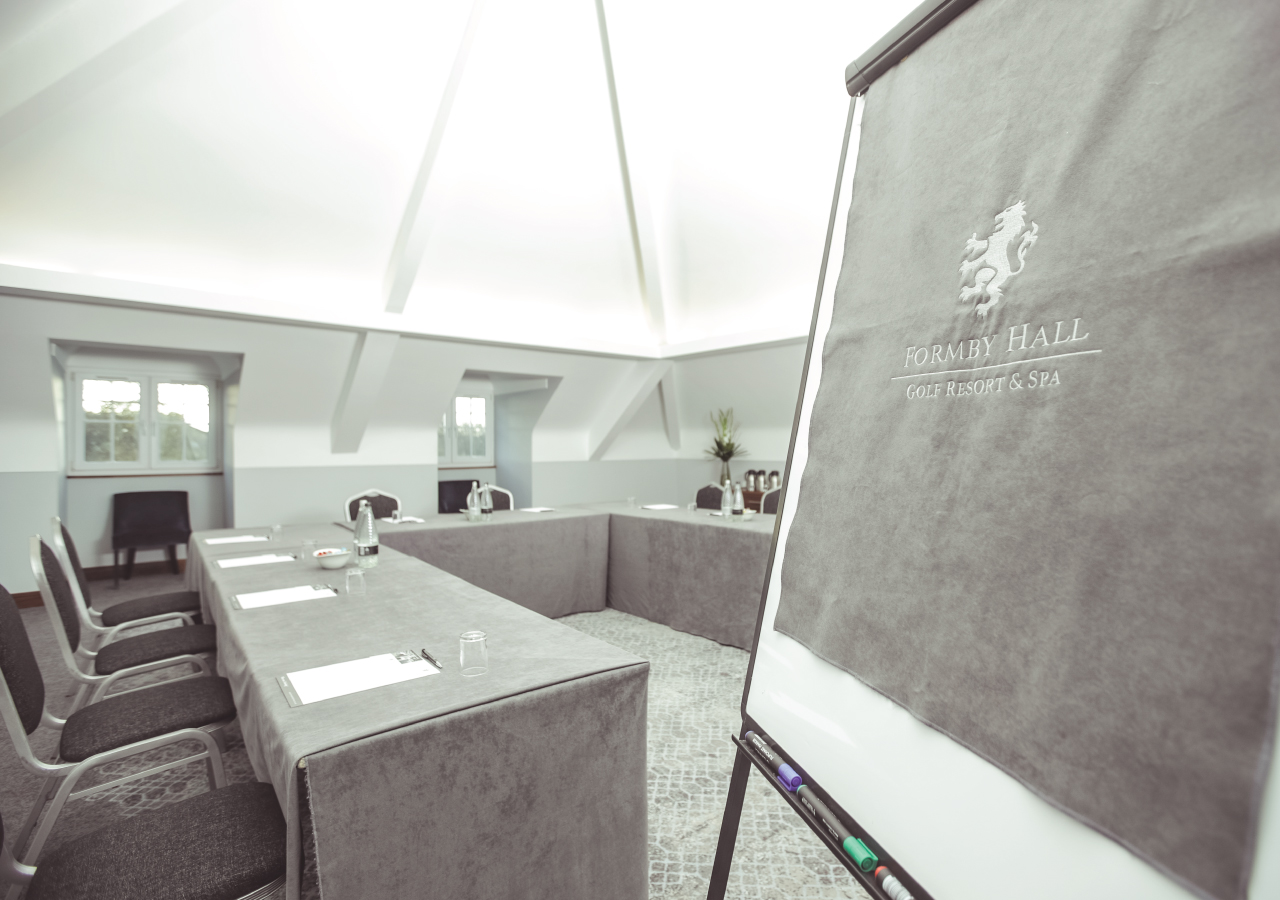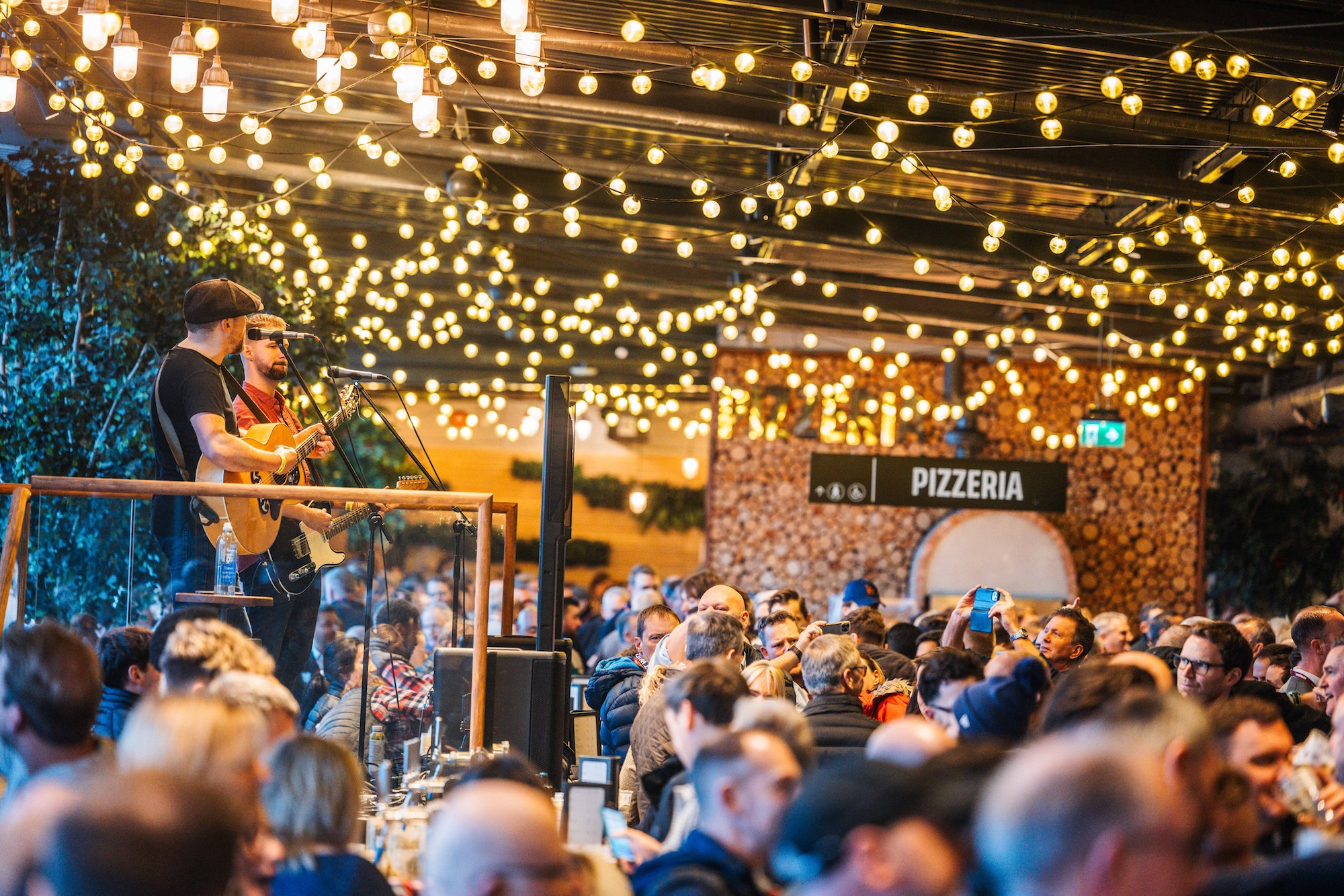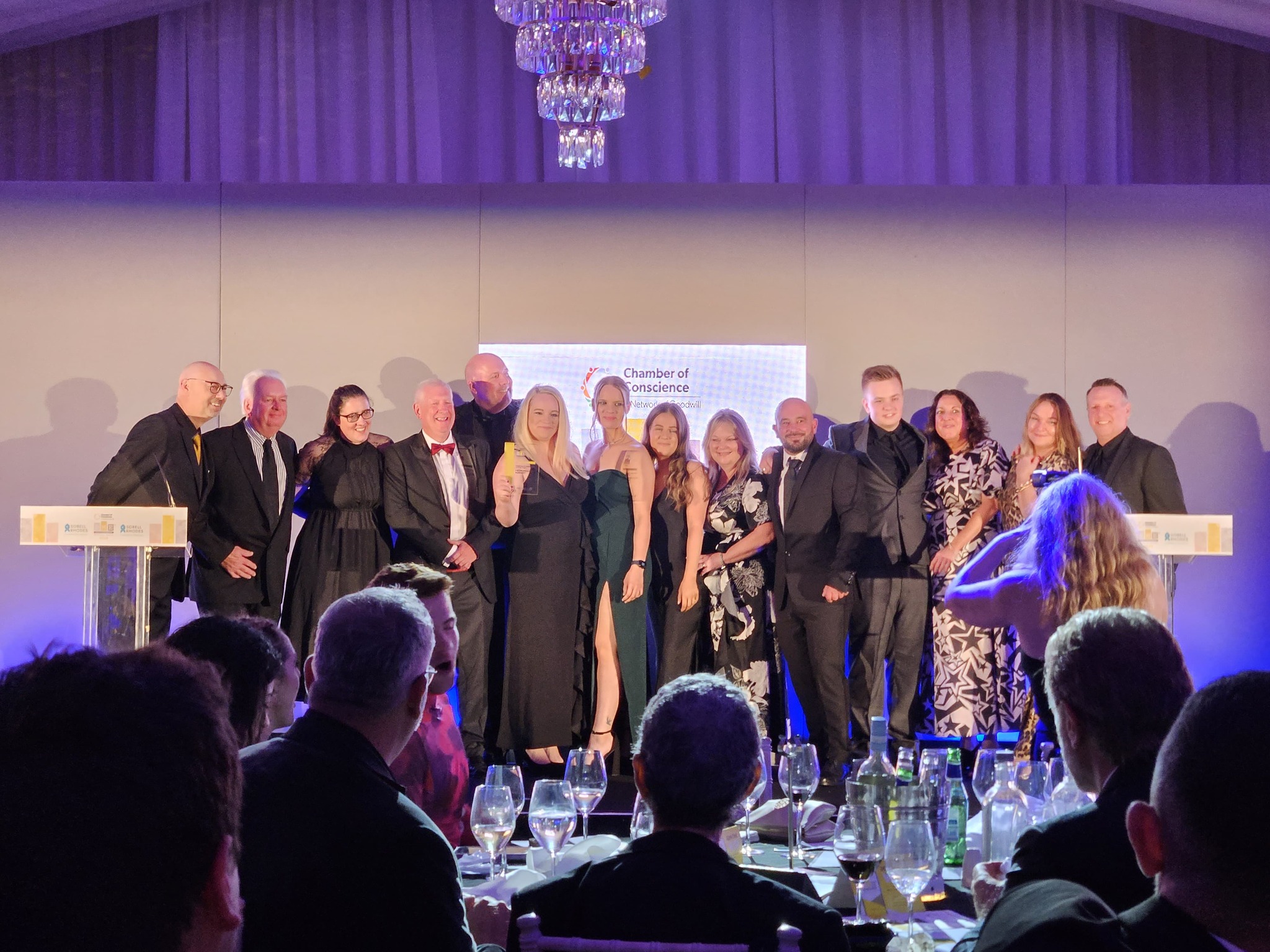
Selecting the right venue is the key to the success of any event. Having a list of requirements will not only streamline your selection process, but will help you stay within budget. Here is a checklist to help you in the process of finding your perfect Venue.
□ Accommodation
Are your delegates or attendees travelling from far and wide? If so make sure that you know the numbers attending and how many require overnight accommodation.
□ Budget Details
Make a full and thorough list of what is required for your event. This should include the costs of the venue, catering, equipment rentals, office services, guarantees and payment options. You also want to know what complimentary services the venue offers. Ensure you have a full written quote that includes all of your requirements. You do not want to receive a bill that includes items that you have not factored in to your calculations.
□ Transportation
If your venue of choice is a distance from an airport of mainline station, will you have to organise taxis, or perhaps a coach to pick up delegates from their hotel? Be aware of these extra costs.
□ Consider unique venues
Rates are usually lower at unique venues like a museum, an art gallery, a public garden or a restaurant. Look to get quotes from these types of venues.
□ Make a short list of venue options
Send out requests for quotes to the venues you listed. Include all your requirements (food, beverage, equipment, conference and room accommodations, etc.) in your request so the proposals they send are precise. This saves you time when you examine the proposals they send you.
□ Dietary requirements
It is highly likely that if a large number of attendees will be present, that some will have special dietary requirements. Some attendees may require vegetarian, vegan, gluten free meals, etc. Ensure that you know in advance if any special menus are required and factor in to your proposal to the venues(s).
□ Flexibility
If you can hold your event during the off season, you can get a better deal. Hire costs for meeting rooms and guest rooms are much lower. Provide alternative dates to your short-listed venues, and ask if they can recommend additional off-season dates that may work for you. Also, if you're holding an annual event, consider booking the venue for a number of years. This will encourage the sales manager to give you a better price.
□ Examine payment options
Make sure that you know each venue's terms for deposit and final payment. Ask about policies regarding cancellation, change of date (perhaps due to weather), and last-minute changes. The more flexible a venue is with payment options, the better. No event planner wants to have to do any of the above, but it helps to know in advance, just in case. For example, in the 11th hour a group of attendees may not be able to attend due to bad weather, forcing you to alter your head count.
□ In-house venue catering
If you're considering in-house catering, examine the venue's detailed menu and serving options. View the full service kitchen operations, and meet the executive chef. Have a taste test of the menu they are offering.
□ Ask if you can source other suppliers
The venue may have preferred suppliers for catering and equipment, but often the rates are higher. Sourcing your own caterers can save you money.
□ Enquire about amenities
Clarify with the sales manager what the venue’s policies are regarding important amenities such as display of signage, banners and direction signs; any restrictions on event information displays; charges for Wi-Fi inside the meeting rooms.
□ Examine add on costs
If your short-listed venue prices are extremely close, examine the
breakdowns. Some venues will have a lot of "add on" costs which can drive the final cost much higher than what is listed. Make sure that the price that is quoted includes all of your requirements. Many venues quote a price without including the charges that will be added for catering and beverages, for example.
□ Check out the venue
Does the venue feel right? Does it have the right character for your event's theme? What about parking and disability access? Is there adequate staffing? Examine details — carpet, decor, room size and flexibility in accommodating tables and layout changes. Check out the lighting, location of restrooms and medical access. Also, make sure that the area is far away from potential distractions like noise in the halls or clutter in the venue kitchen.
□ Equipment
Make sure the equipment you need is available. This may include microphones, access to Wi-Fi, white boards (including supplies and easels), outlets (and locations per room), LCD projectors, remotes, adequate-sized screens and flat TV screens, among others.
□ AIM Accredited
Check whether the venue is AIM accredited (AIM is the UK’s nationally recognised standard for accredited venues and service providers in the meetings, conferences and events industry).
□ Sustainability
Check whether the venues adhere to sustainability measures e.g. are they ISO 14001 (http://www.iso.org/iso/home/standards/management-
standards/iso14000.htm) or BS 8901 (http://archive.defra.gov.uk/sustainable/government/advice/documents/Sustainable EventsGuide.pdf) certified?
□Wi-Fi Provided?
Check the venues' Wi-Fi capability and whether it's free of charge - talk to the venues about how many people and devices will be using the Wi-Fi and ask them to explain how they will meet these needs. Consider taking a representative from your own IT department to the site visit who can ensure the venue has enough access points and bandwidth.






